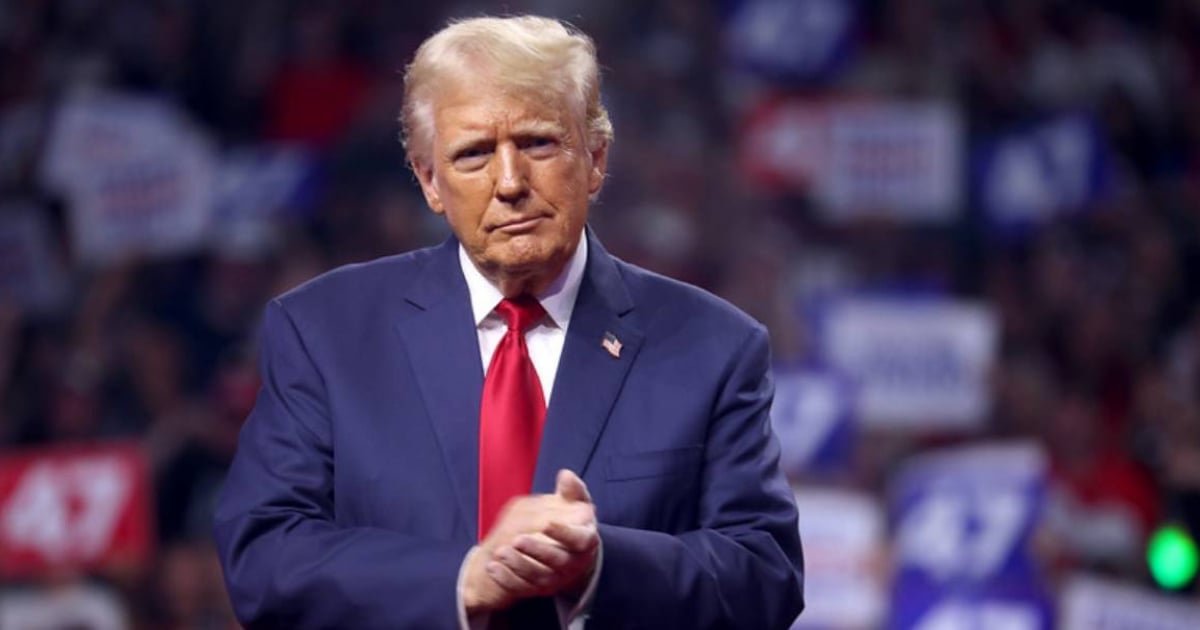In a bold move, President-elect Donald Trump has declared that his first executive action in the White House will be to levy substantial tariffs on Mexico, Canada, and a third nation: China. The announcement came via a message on the social media platform Truth Social, where Trump outlined a 25% tariff on all goods imported from Mexico and Canada.
The Republican leader accused these neighboring countries of enabling the flow of drugs and undocumented migrants into the United States. "Thousands are crossing our open borders, bringing crime and drugs. This must stop, and those accountable will face a high cost," he asserted.
Moreover, Trump stated his intention to impose an additional 10% tariff on Chinese imports, attributing this decision to China's alleged failure to curtail fentanyl trafficking into the U.S. He warned that these tariffs would remain until what he described as an "invasion" of drugs and migrants is halted. "These steps are crucial to safeguarding our nation. We cannot continue to let these countries exploit us," he emphasized.
The implications of Trump's statements have not gone unnoticed. In Mexico, Economy Secretary Marcelo Ebrard has already cautioned earlier this month that Mexico would retaliate with similar measures if the U.S. proceeds with new tariffs. "We are the number one trading partner of the United States. Such a measure would impact both nations," Ebrard stated.
Economists and industry experts are raising alarms about the potential fallout from these policies. Tariffs imposed during Trump's first term did not succeed in reviving key job sectors as intended. Instead, they triggered trade retaliations from countries like China and the European Union.
As Trump continues to solidify his strategy for a presidential comeback, his tariff promises are creating uncertainty around the economic and trade relationships between the United States and its key partners.
